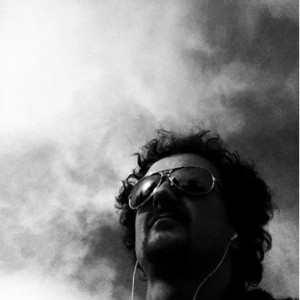So what makes an expert an expert? Is it their credentials? It is their position? Or is it the fact that they have been reading, thinking, and digesting all the knowledge they can get about their chosen subject – and now they have it to pass on to others. So, one is difficult to attain – you have to jump through certain hoops before you can get the credential and there’s no way the shortcut that process. The act of getting knowledge, digesting, and thinking about it – that’s something that’s more easily passed on and more easily shared. When you think about expertise not as the letters after your name but rather as a body of knowledge, you think about it as participatory and open to models that are not so hierarchical.
A great radio doc from CBC Ideas on Wikipedia’s emergence through conversations with some of the people responsible for its past and future.
If technology now makes information more freely available than ever before, then what’s important is not so much the information as the patterns. Reading patterns is what we do well as humans. Maybe the ability to make connections between things is more important than the information itself. That leads us to the idea that nobody properly owns information, but we’re all needed to understand what this information means.
The Great Book of Knowledge (Part 1): A Wiki Is A Kind of Bus
[audio:https://dl.dropboxusercontent.com/u/2251996/GreatBookofKnowledge_Pt1_ideas_20140115.mp3]The Great Book of Knowledge (Part 2): Social is a Killer App
[audio:https://dl.dropboxusercontent.com/u/2251996/GreatBookofKnowledge_Pt2_ideas_20140122.mp3]Featured in the doc:
Kat Walsh, Board Chair, Wikimedia Foundation.
Sue Gardner, Executive Director, Wikimedia Foundation.
Stephen Walling, product manager.
Philip Neustrom, director, LocalWiki.
Marina Gorbis, Director, Institute for the Future.
Eugene Kim, IT consultant.
